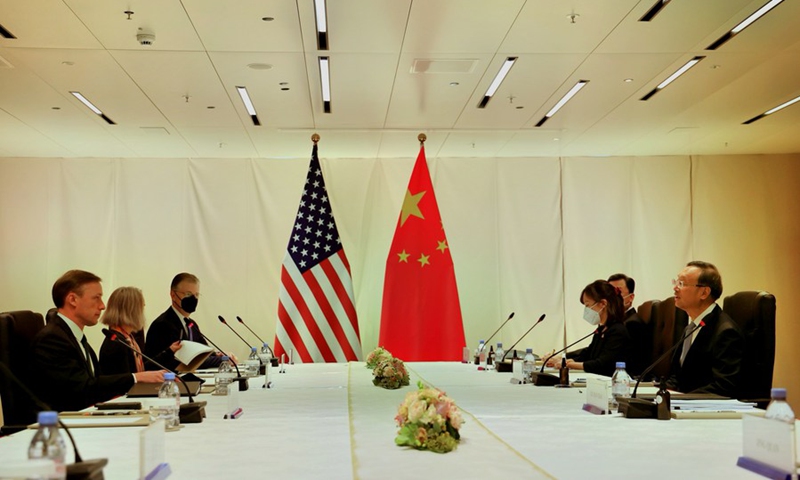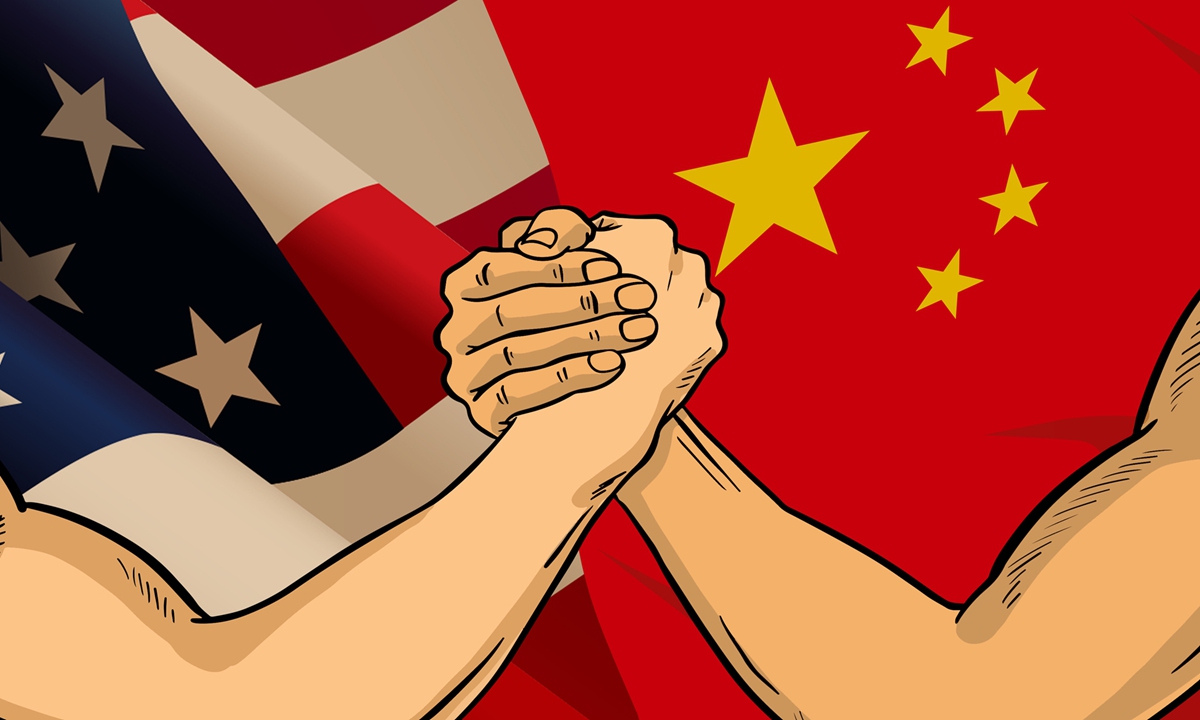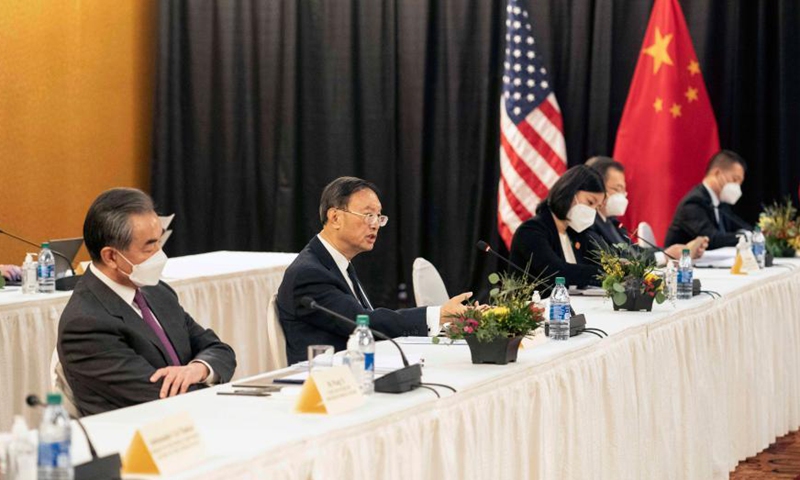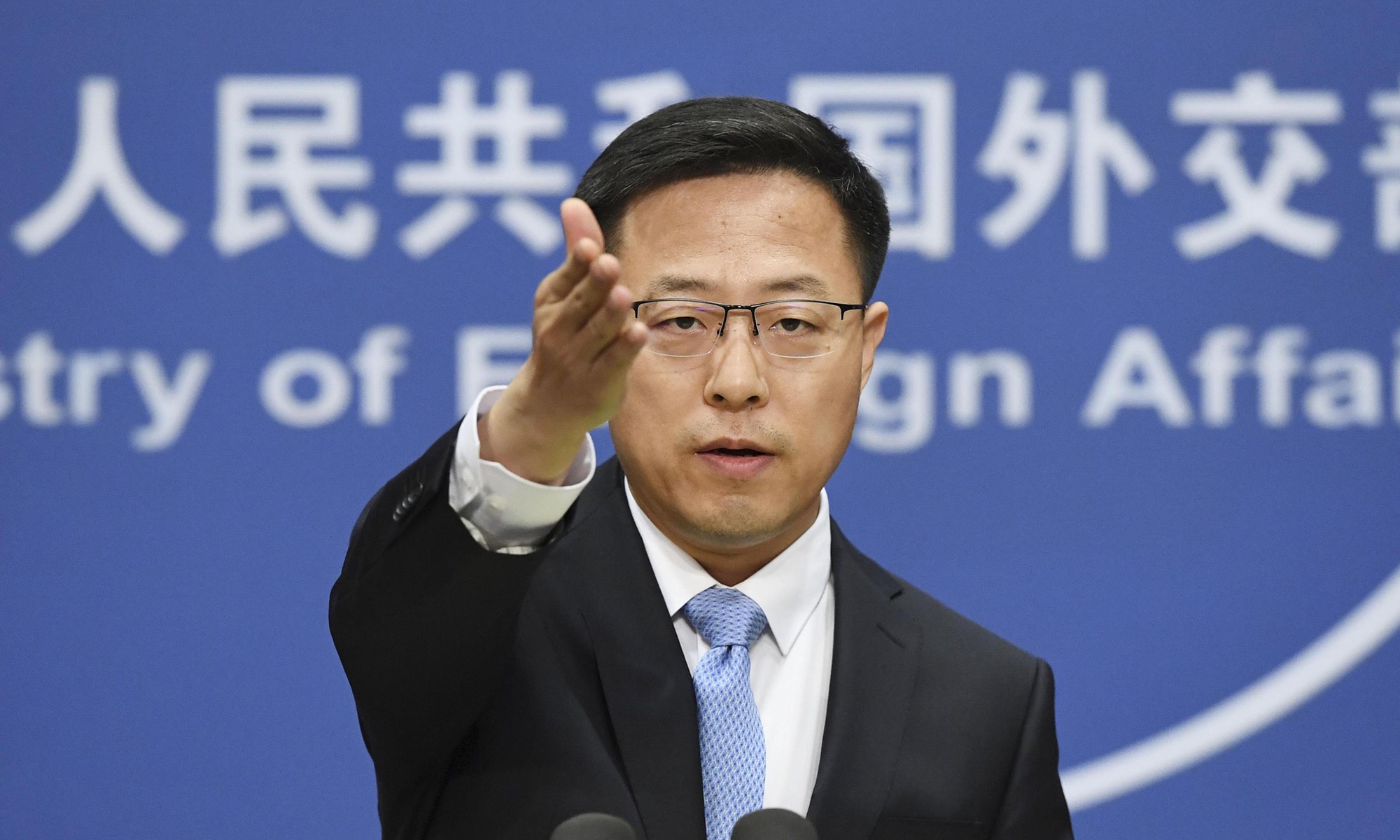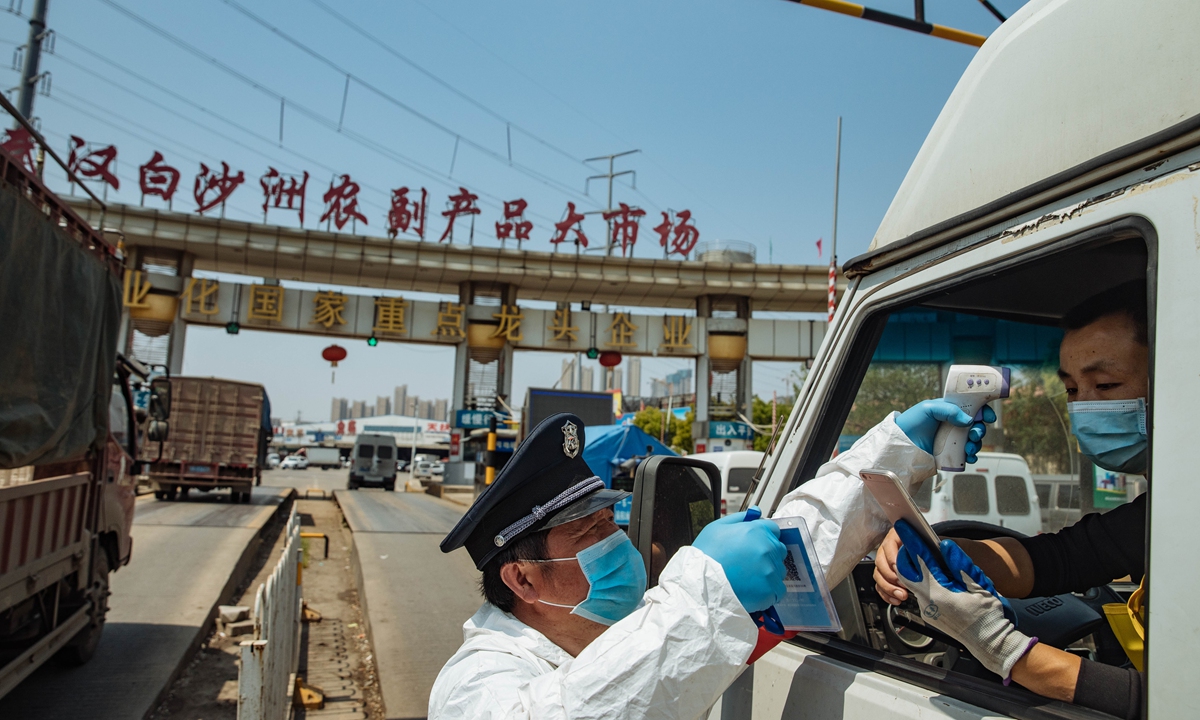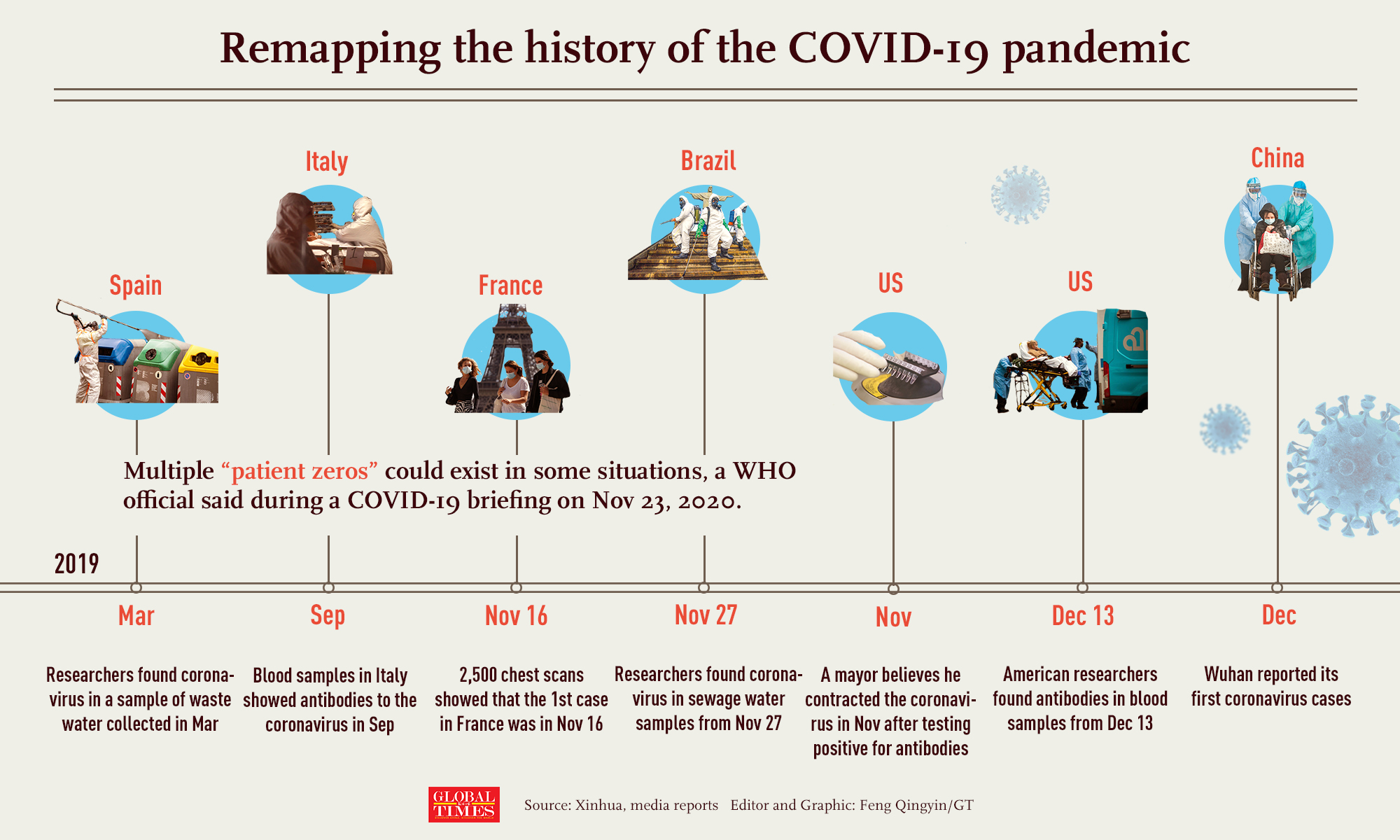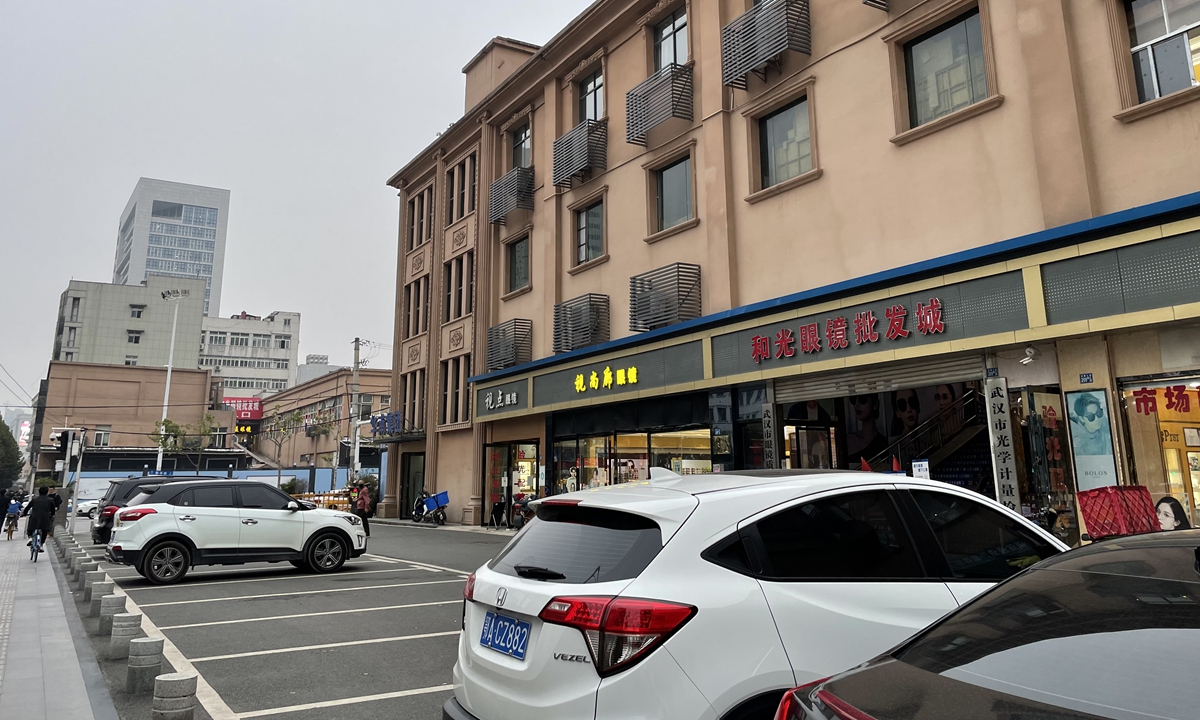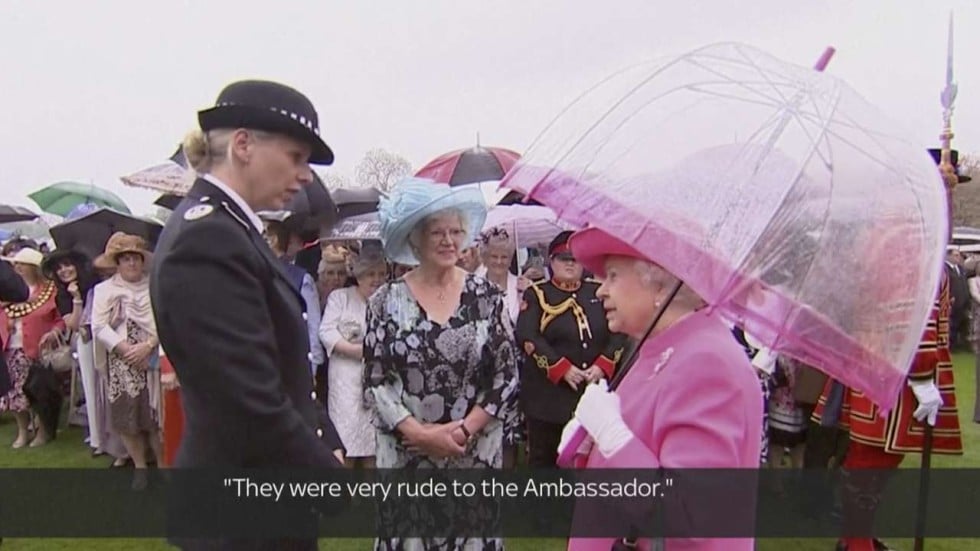China should strike back over sale: experts
Analysts Friday slammed Japan's plan to nationalize the Diaoyu Islands in the East China Sea as provocations which would further trash Sino-Japanese relations, and called on the Chinese government to take corresponding measures to counter Japan's scheme.This video image, taken by the Japan Coast Guard on Aug 15, and released on Aug 27 shows a Chinese boat carrying Hong Kong activists after landing on the disputed island called Senkaku in Japanese and Diaoyu in Chinese in the East China Sea. Japan's Yomiuri Shimbun paper reported that Japan is scheduled to hold a cabinet meeting on Monday to officially "nationalize" the Diaoyu Islands on Tuesday.
The
Japanese government will sign a deal with the so-called private owners on Tuesday to purchase the islands. And the Japanese government believes that putting the Diaoyu Islands under state ownership at an early date could minimize the backlash from China, said the report.
The paper also noted that the actions of Tokyo Governor Shintaro Ishihara, who had pushed strongly for the island purchase, had helped drive the state toward the purchase.
Qu Xing, director of the China Institute of International Studies, told the
Global Times that by buying the islands, Japanese Prime Minister Yoshihiko Noda's administration is attempting to reinforce Japan's claim of sovereignty over the Diaoyu Islands.
"The repeated provocations have greatly undermined Sino-Japanese relations," said the expert.
"We should resort to corresponding countermeasures to strike back against Japan's unilateral move. Japan is making their assertion by legal means. Accordingly, China could also reinforce our claims of sovereignty over the islands through legal means," said Qu.
According to the
Kyodo News Agency,
Japanese Foreign Minister Koichiro Gemba said that Noda is unlikely to hold summit talks with Chinese
President Hu Jintao and South Korean President Lee Myung-bak on the sidelines of the ongoing
Asia-Pacific Economic Cooperation (APEC) forum in Vladivostok, Russia, indicating that formal talks would not be appropriate given renewed territorial rows.
Gemba added that informal and "spontaneous" exchanges may take place, the report said.
Wang Ping, a researcher with the Institute of Japanese Studies under the
Chinese Academy of Social Sciences, told the Global Times that Sino-Japanese relations are bound to be further undermined if Tokyo continues to inflame the situation.
"Japan's national interests as well as its strategic interests in East Asia and the West Pacific will also be hurt. It should better recognize the consequences of its moves," warned Wang.
The impact of the diplomatic rows between the two countries have already extended to the sphere of economic ties.
Reuters quoted Toshiyuki Shiga, a senior executive of Japanese auto maker Nissan, as saying that Japanese car manufacturers were having difficulty in holding big, outdoor promotion campaigns, which may have hurt August sales.
Foreign ministry spokesman Hong Lei said Thursday that in order to change the current situation, Japan must immediately stop encroaching upon China's territorial sovereignty.
China is Japan's largest trading partner, while Japan is the fourth largest trading partner of China.
Though Japan relies much more on its trade with China than China does Japan, economic friction is a double-edged sword, Qu said.
"The adverse political climate will definitely affect economic relations. But smashing Japanese cars and boycotting Japanese goods don't help resolve the problems," said Qu, calling for the public to remain rational.
Separately, Taiwan leader Ma Ying-jeou Friday inspected the Pengjia Islet, which is located 156 kilometers from the Diaoyu Islands. He made a speech in front of a monument on the islet and praised those who have helped to protect the Diaoyu Islands, reported the Xinhua News Agency.
Responding to a question about Ma's visit, Hong Lei said Friday that all Chinese, including those from both sides of the Taiwan Straits, are responsible for safeguarding the sovereignty of the islands.
By Jin Jianyu and agencies contributed to this story
Taiwan warns Japan against nationalising islands
Pengchia: Taiwan’s president used a high-profile visit to a Taiwanese islet on Friday to warn Japan against making any attempts to nationalise islands that are part of a disputed chain in the East China Sea.
Escorted by warplanes and naval vessels, President Ma Ying-jeou flew by military helicopter to Taiwan’s Pengchia Islet, which lies off northern Taiwan, only about 140 kilometers (85 miles) west of the disputed chain.
The chain — known as Senkaku in Japan and Diaoyu in China — is controlled by Japan but also claimed by China and Taiwan, and has been a key part of simmering regional tensions over rival territorial claims. Japan’s government reportedly is planning to buy several of the islands from their private Japanese owners.
Analysts say Ma chose the Taiwanese islet to make his well-measured gesture to raise international attention without further aggravating tensions.

South China Sea. Agencies
Disputes have flared over island chains in the East China and South China seas, rich fishing grounds with potentially lucrative oil and gas reserves.
But diplomatically isolated Taiwan — which China claims a part of its own territory 63 years after the two sides split amid civil war — has been largely left out of the spotlight.
Ma called on the East China Sea chain’s three claimants — Taiwan, China and Japan — to put aside their disputes and hold dialogues to jointly develop the rich resources there. He suggested bilateral or trilateral talks “to resolve the issue in a peaceful way.”
Ma also asked commanders at two Taiwan-controlled islets in South China Sea’s Pratas and Spratly island chains to strengthen guards. Those chains are claimed by Taiwan, China, Vietnam, the Philippines, Brunei and Malaysia.
“Ma has tried to avoid provoking tension, but as Taiwan’s leader, he must make a gesture even though the impact may be limited,” said Lo Chih-cheng, a political scientist at Taipei’s Soochow University.
While Taiwanese media were generally skeptical about the visit’s impact, some say Ma’s trip may manage to rebut Beijing’s appeal for a united front with Taiwan over the disputes. Many Taiwanese fear Beijing may be using its warming economic ties with Taiwan in recent years to further its goal of unifying with the self-ruled democratic island.
“The mainland is trying to create the false scenario of cross-Strait cooperation in the East and South China” seas, Taiwan’s China Times said in an editorial. -
APNo let-up in protests over Diaoyu Islands
By CHOW HOW BAN hbchow@thestar.com.my/Asia News Network
There have been protests on many fronts after the move on Monday by Japanese government to buy the islands from their “owners”.CHINESE actress Li Bingbing became the latest ordinary citizen to publicly show her outrage against Japan over its claim of the disputed Diaoyu Islands (known in Japan as Senkaku Islands).
The
Golden Horse Best Actress award winner turned down an invitation to attend the premiere of her latest film,
Resident Evil: Retribution, in Tokyo on Monday in protest of the move by the Japanese government to buy the islands from their “owners”.
“The premiere in Tokyo was an important event for this film because it was the first premiere around the world. During the shoot, it was already decided that all the production crew should go for the Tokyo premiere,” she said.
“I do not like to break an appointment but after what had happened to the Diaoyu Islands, I did not feel like going. It is something I cannot stand and I thank the film company for their understanding,” Li was quoted by the Chinese media as saying on Thursday.
Two weeks ago, two Chinese men, aged 23 and 25, were detained for stopping the car of the Japanese Ambassador to China, Uichiro Niwa in downtown Beijing.
The duo allegedly emerged from their car and pulled the Japanese flag off Niwa’s car when the ambassador was on his way back to the Japanese embassy.
Another man was issued a warning for blocking Niwa’s car.
Earlier last month, hundreds of Chinese protesters took to the streets in Shenzhen and Hangzhou and called on the Chinese government to protect the islands, following an incident where 10 Japanese nationalists swam to the islands in East China Sea in response of a similar landing by seven Chinese activists.
Some Chinese protesters also surrounded the embassy in Beijing and the Japanese consulate office in Shenyang, Liaoning province.
Two senior citizens who threw eggs at the embassy were persuaded to leave, while another demonstrator was stopped by the police when he attempted to enter the premises.
Other demonstrators held a 7m-long banner expressing their indignation over Japan’s detention of the Chinese activists who landed on the islands.
Last Monday,
Kyodo News Agency reported that Tokyo was in the final stages of reaching a deal to buy the islands by the end of this month.
Japanese television images showed that a team of surveyors dispatched by Tokyo Governor Shintaro Ishihara was surveying the shoreline and waters around the uninhabited isles.
The surveyors then released the outcome of their investigation, detailing the geographic composition of the islands.
Apparently, Ishihara called on the Japanese government to build a harbour in the area.
It was reported that the administration of Prime Minister Yoshihiko Noda had agreed to pay two billion yen (RM79mil) for the islands.
The controversial islands are counter claimed by China and Taiwan.
China and Taiwan claim that the islands have been a part of Chinese territory since at least 1534 until Japan took brief control of it during the first Sino-Japanese war (1894-1895), while Japan has rejected claims that the islands were under China’s control prior to 1895.
In its editorial,
China Daily warned that Japan was dicing with danger of leading the Sino-Japanese relations to their worse path.
“Japan is escalating tensions between itself and China. Our protests, be it official or civil, have fallen on deaf ears with the Japanese government.
“The deal for the islands was signed just five days after a letter from Japanese Prime Minister Noda to Chinese President Hu Jintao was delivered in Beijing on Aug 31. Noda was then said to have talked about lowering tensions between the two countries.
“The Noda administration now lacks credibility. They said they wanted to maintain and manage the islands in a peaceful manner but the islets are not part of Japan’s territory,” it said.
The newspaper said while China had kept its word to seek common ground on the islands and to maintain peace in the area, Japan had no longer shared the same goal.
China had failed to understand Japan’s diplomatic strategy, after all, and should re-look into its stand on the issue, it added.
Xinhua news agency slammed the islets purchase deal, saying that it would put to test Japan’s credibility over an historical commitment made in 1978 friendship treaty between Japan and China to resolve the issue.
Renmin University’s Centre for East Asia Studies director Huang Dahui said the pressure from the Japanese elections and fears of China’s economic development were reasons for the move.
“Japan is playing a two-faced game with China. What Ishihara and Noda are trying to do share the same purpose, which is to nationalise the Diaoyu Islands. China should strongly protest,” he told
Global TimesRelated posts:




